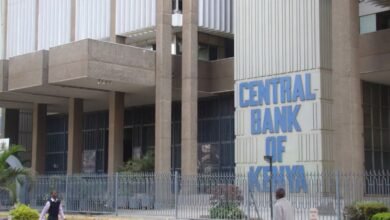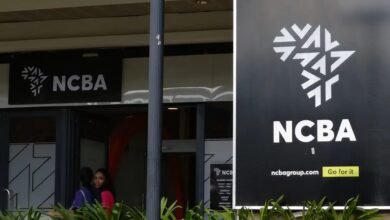
Agriculture Cabinet Secretary Peter Munya has dismissed a tea export deal between the Bomet County and Iran.
According to CS Munya, the purported deal is fake and the due process was not followed.
“From the information I have that deal was fake because no tea reached the port of Mombasa for export,”said Munya.
But in close rejoinder, Bomet Governor Hillary Barchok maintains the tea will be in Iran by end of July.
He however, denied to make a comment on what the CS said.
In September last year, Bomet county draw a hard line to oppose the new tea regulations proposed by CS Munya with claims that the regulations were not meant benefit small-scale farmers.
The county instead approached factory directors from the region to find an alternative.
Governor Barchok resolved to sell tea produced at KTDA factories directly to willing buyers, bypassing the auction that is part of the new tea regulations.
Also Read:
- Tea prices dip 12% as high volumes persist
- Kenya’s tea export drops in January 2021 [VIDEO]
- Smallholder tea farmers record highest monthly production at 15 p.c
He spoke at Mogogosiek tea factory where he hosted Iranian ambassador Jafar Marmaki in Spetember last year who toured the county following a deal in which the county will sell directly to Tehran.
Iran is one of the leading buyers of Kenyan tea. Ambassador Marmaki said if the deal is successful, Kenya will also benefit as Iran is a corridor to other tea-buying countries such as Pakistan.
Marmaki expressed confidence the deal will be realised so farmers can reap maximum benefits.
Governor Barchok claimed some individuals were out to turn tea into their own business venture and in the long run lead to farmers being impoverished hence.
“As a county we strongly oppose it… we want things that are clear and which are done in consultation with other relevant stakeholders,” said the Governor.
In the regulations, Munya is, however, recommending that all teas produced for export in the country must be sold through the auction.
“The sale of private treaties commonly referred to as direct sales overseas is outlawed and any teas that are not sold during a particular auction shall be relisted for sale during the subsequent auction,” read part of the regulations.
At least 15 per cent of Kenyan tea undergoes direct sales at the moment with global prices relying heavily on the performance at the auction.





